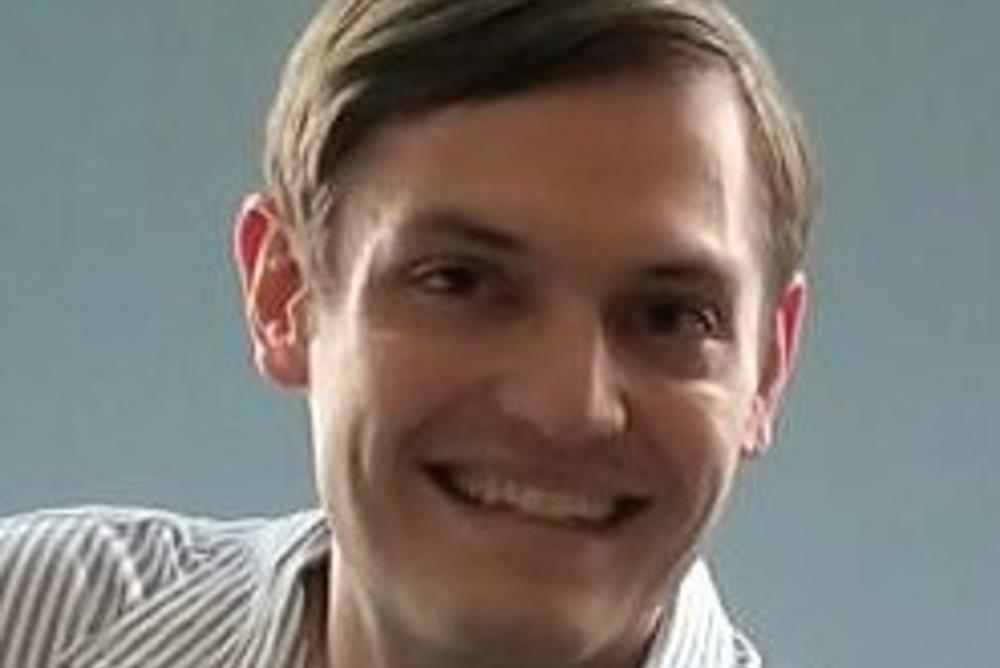Arts & Sciences Events
[PAST EVENT] Scott Kevin Barcus, Physics - Oral Exam for the Ph.D.

Scott Kevin Barcus, Physics - Final Oral Exam for the Ph.D. Title: Extraction and Parametrization of Isobaric Trinucleon Elastic Cross Sections and Form Factors
Abstract: By mining data from Jefferson Lab Hall A experiment E08-014 a new measurement of the 3He elastic cross section at Q2 ? 34 fm?2 was extracted from a large quasielastic background. This new data point falls approximately halfway between the first and second diffractive minima of the 3He form factors. When combined with recent high Q2 3He elastic cross section measurements from JLab this new point improves our knowledge of the cross section and form factors at large momentum transfers.
The new high Q2 data motivate a reanalysis of the 3He elastic cross section world data and promise an improved understanding of the magnetic form factor in particular. For this analysis the elastic cross section world data for 3He, and its mirror nuclei 3H, were collected. The world data spans five decades and many different experimental facilities. The world data were then fit using a sum of Gaussians parametrization which allowed for the extraction of both targets? magnetic and electric form factors, along with charge densities and radii. These new fit results will be contrasted with past fit results and compared to modern theoretical predictions.
Bio: Scott Barcus was born January 6th 1990 and grew up in Shoreview, MN. Upon graduating from Mounds View High School in 2008, he attended Drake University in Des Moines, IA. He graduated from Drake in 2012 with bachelor of science degrees in physics, mathematics, and astronomy. Scott chose to attend William & Mary for his Ph.D. in physics, where he began working for his advisor, Professor Todd Averett. He received his masters degree in 2014. In 2015, Scott helped found the physics department's Climate Steering Committee and went on to co-chair this committee and the new Diversity Advisory Committee. His initial research focused on polarizing 3He targets using spin exchange optical pumping. Scott's research then moved to Jefferson Lab where he worked to build the GRINCH Cherenkov detector, its mirror array, and its preliminary data acquisition system. Scott then joined the Tritium Collaboration at JLab and helped successfully complete this suite of experiments. Finally, Scott studied 3H and 3He elastic cross sections and form factors by applying new global fits to the modern world data. Scott's interests include nuclear structure, detector development, science policy, and improving the climate and diversity in physics.
